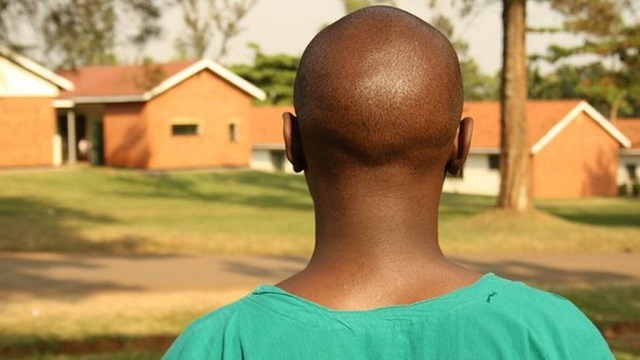
Mental Health Department partnered with traditional herbalists to help identify serious mental health cases for referral and better management
Gulu, Uganda | THE INDEPENDENT | Traditional healers in Acholi sub-region are registering very few persons seeking traditional medicine for managing mental health illnesses thanks to a partnership with the mental health department.
Northern Uganda has been reported to have the highest cases of mental illness in Uganda, which psychiatrists attribute to the effects of the two-decade rebellion by the Lord’s Resistance Army, extreme poverty, alcohol and substance abuse and prevalent domestic violence among others.
Alfred Lulua Droti, the acting in charge at the mental health department of Gulu Regional Referral Hospital says that by history, persons with mental illnesses were first treated by traditional healers because many believed and still believe the condition is spiritual and can be managed by traditional healers.
Over the years, Droti says the mental health department partnered with the traditional herbalists to help them in identifying serious mental health cases for referrals and better management, while those that only need counselling and minor treatment are left for the traditional healers. Droti notes that sometimes they refer other patients to traditional healers, but only those with psychological problems, not psychotics or those with severe mental disorders whose thoughts and emotions are so impaired that they have lost contact with external.
Juliet Adoch, the coordinator of traditional herbalists in northern Uganda told URN in an interview that from 2004-2017, she could receive at least 20 people seeking help for mental illnesses each week. However, Adoch says she has received very few patients with mental illness over the last three years thanks to a relationship between the traditional healers and the mental health unit.
Adoch commended the mental health unit, together with Sheffield for including the traditional healers in the management of mental illnesses by training them on how to administer medicine, and how to counsel patients.
In October 2020, Freddy Odong, a psychiatric nurse and the project manager of suicide prevention at the mental health unit said the number of patients seeking mental health services at the unit had dropped from between 60-80 each day, to just nine patients daily.
Records at the mental health unit of Gulu Regional Referral Hospital show that between 2019/2020, about 1,278 patients got treatment for severe psychosis at the department. Droti says currently, there are 9,360 patients at the department with 8,882 registered as outpatients and 478 inpatients. The majority of these are males suffering from alcohol and drug-related mental illnesses.
*****
URN
 The Independent Uganda: You get the Truth we Pay the Price
The Independent Uganda: You get the Truth we Pay the Price


